Catechism lessons, African proverbs, and the lives of various saints were included in the Africa Service evening programs, which were broadcast through “a giant rotating transmitter at the Santa Maria di Galeria transmission centre in the north-western outskirts of Rome.”
Sean Lovett who was a member of the committee that set up the English Africa Service has been quoted outlining two considerations that they considered in establishing the Service for Africa.
“One, understanding what the real issues were that concerned the people in Africa. So, identifying questions like healthcare, justice, peace; the issues that were of concern to people who were listening in Africa,” Vatican News has quoted Sean Lovett as saying.
The second consideration, Sean has been cited in the July 13 Vatican News report, “was to overturn that colonialist, European vision of Africa as a continent where only bad things happen and try to create a new vision of Africa, a positive vision of Africa as a place that can serve as an example to the rest of the world in so many things.”

(Story continues below)
The Swahili Service was established in 1994 and operationalized under the English Africa Service to serve the estimated 120 million people of God spread across Kenya, Tanzania, and parts of Burundi, DR Congo, Mozambique, Rwanda, and Uganda.
Explaining the theme of the Friday, July 17 webinar, Fr. Paul Samasumo who will be moderating the event told ACI Africa that Catholic communicators in Africa have a powerful tool at their disposal to manage racial and social tribulations that cripple the continent.
“We decided to use insights from Pope Francis’ 54th Message for the World Communications Day to stimulate the minds of African Catholic communicators on this critical task of building a vibrant continent,” said Fr. Paul.
He added, “We believe that if we communicate the message of the Gospel in a creative and positive manner, we can contribute, in some way, to uplifting Africa from the ashes of adversity, endless armed conflicts, poverty and discriminations to a future of wellbeing and social inclusiveness. The Catholic communicator cannot afford to stand aloof when confronted with these challenges.”
Fr. Paul says that as the world faces the deadly COVID-19 pandemic and social ills such as racial tensions in the United States, the Catholic communicators in Africa have the duty of “not only reporting social events but also of helping society to chart the pathway for a better future.”

“The idea is sharing as we often do in African villages whenever there are significant issues affecting everyone. The community sits under a tree or around a fire for a community discussion. It is the African way,” he says.
He adds, “The July 17 webinar is our little effort together with SIGNIS Africa to contribute towards providing a roadmap to this future for Africa.”
Key participants in the event will include the vocal and “singing” Prelate, Bishop Emmanuel Badejo of Oyo, Nigeria, Fr. Federico Lombardi, President of the Joseph Ratzinger-Benedict XVI-Vatican Foundation, Mother Mary Claude, Superior General of the Religious Institute of the Sisters of the Immaculate Heart of Mary in Nigeria and Ms. Sheila Pires who works with Radio Veritas in South Africa and also reports for the Vatican radio in the Southern African country.
Bishop Badejo who is the President of the Pan Africa Episcopal Committee for Social Communications (CEPACS) will address the topic, “Master Weavers of African Stories – Promoting everyday heroes as solutions to Africa Challenges” while Fr. Federico who is the immediate former Director General of Vatican Radio and the Vatican Press office will take participants through the history of the Catholic radio service.
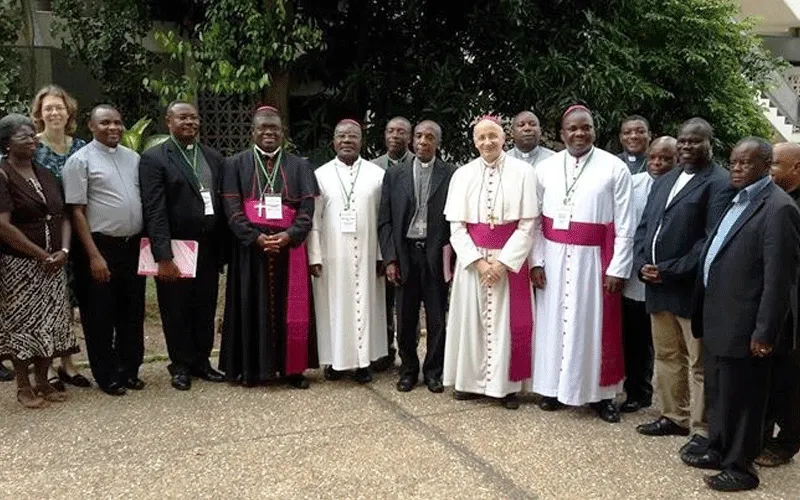 Rev. Mother Mary, on the other hand, will handle the topic, “Witness of Nigeria’s women religious working in some of the country’s challenging environments.”
Rev. Mother Mary, on the other hand, will handle the topic, “Witness of Nigeria’s women religious working in some of the country’s challenging environments.”
To wrap up the discussion, Ms. Pires will provide an interpretation of the #BlackLivesMatter hashtag in the South African context.
Registration is open to via email to savreas2020@gmail.com for those who wish to follow the event, which will also be streamed live on the Vatican News English YouTube channel and on the Vatican News English website.




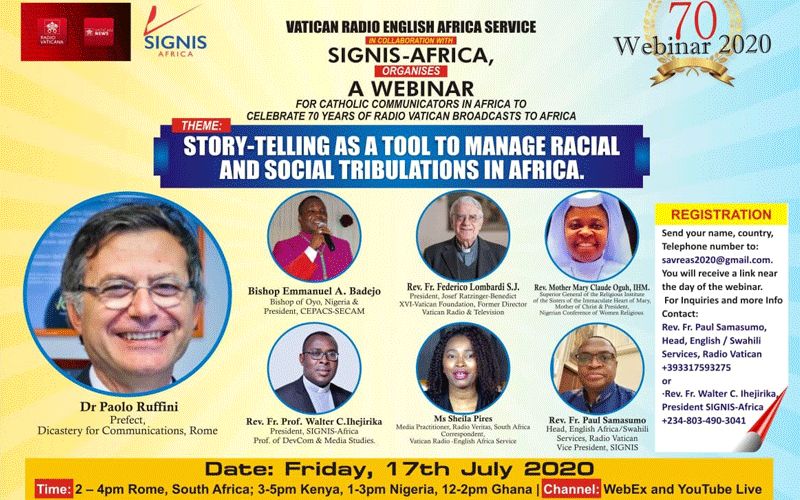
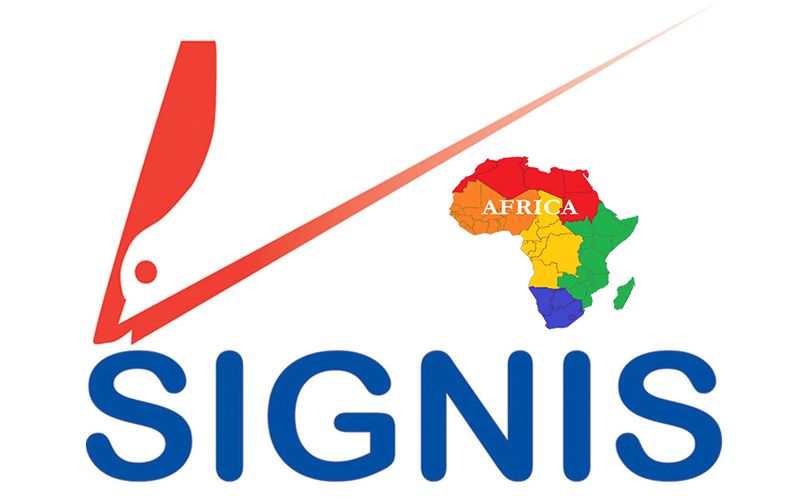
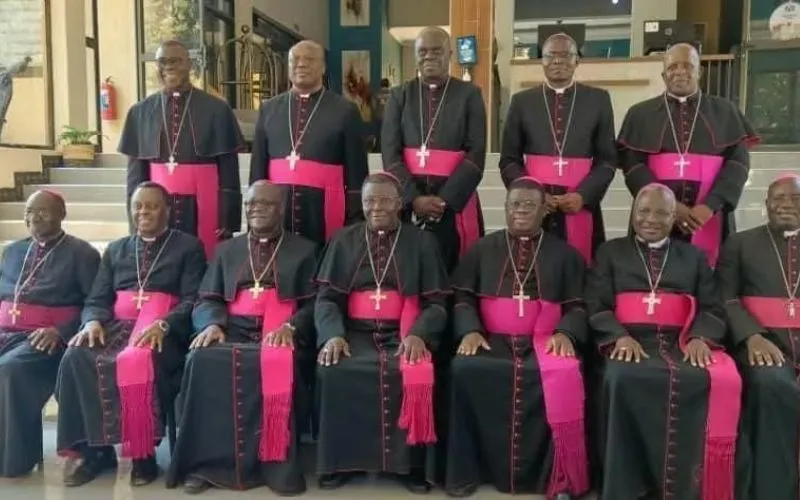
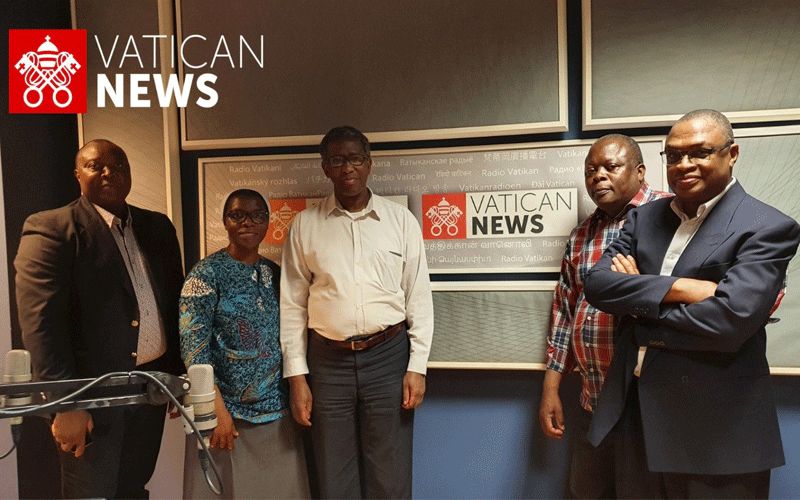 To respond to the changing trends in Africa, the English Africa Service of the Vatican Radio was created in 1979. It was “a shortwave evening broadcast to listeners in the English-speaking countries of Africa, airing mainly news of the Holy See and the Church in western countries,”
To respond to the changing trends in Africa, the English Africa Service of the Vatican Radio was created in 1979. It was “a shortwave evening broadcast to listeners in the English-speaking countries of Africa, airing mainly news of the Holy See and the Church in western countries,” 

 Rev. Mother Mary, on the other hand, will handle the topic, “Witness of Nigeria’s women religious working in some of the country’s challenging environments.”
Rev. Mother Mary, on the other hand, will handle the topic, “Witness of Nigeria’s women religious working in some of the country’s challenging environments.”


